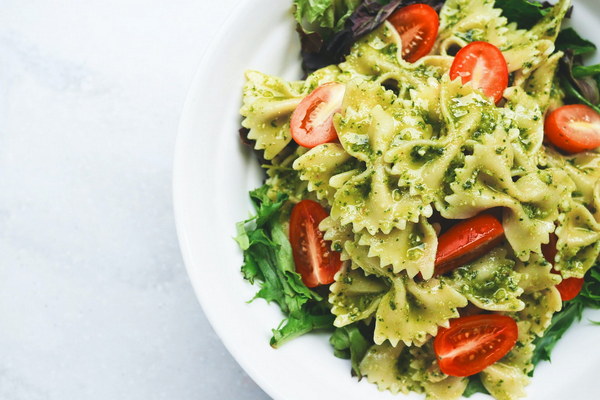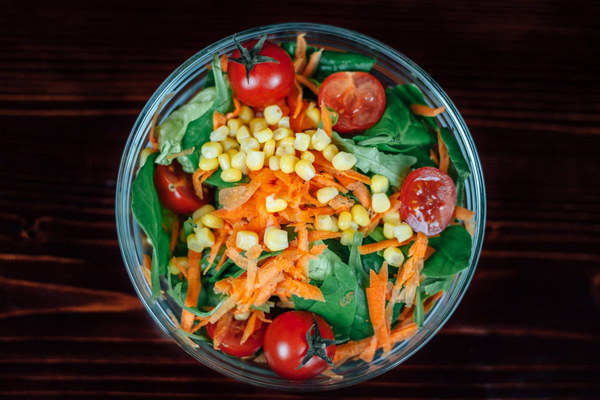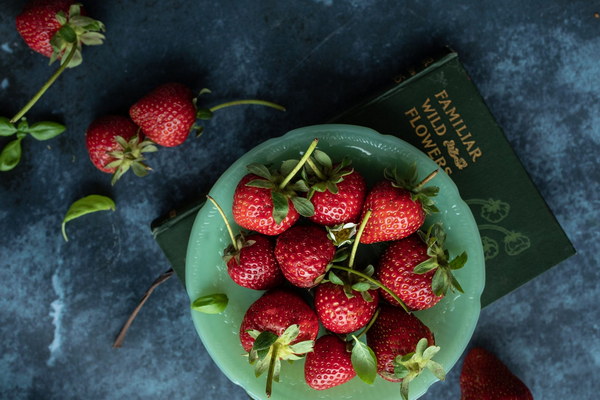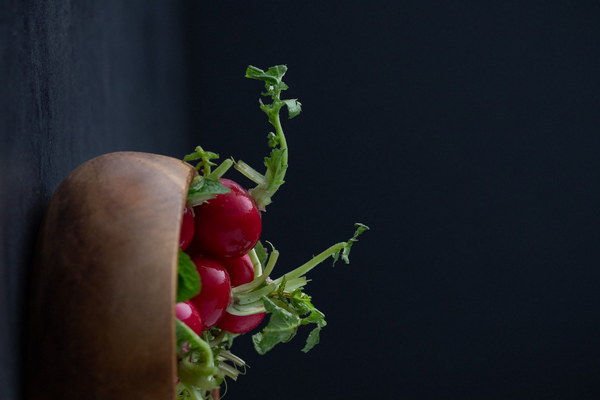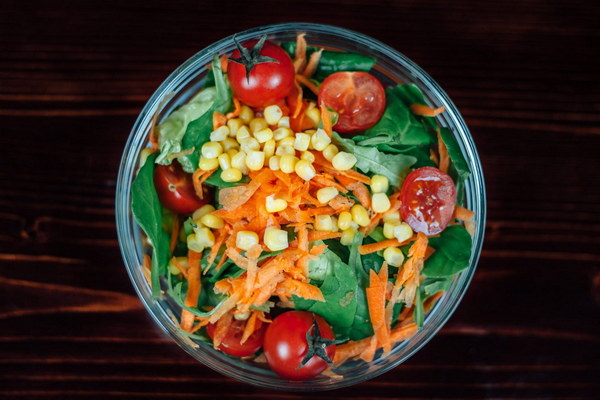Can Children Drink Tea for Lung Nourishment and Hydration
In the realm of traditional health practices, the idea of nourishing and hydrating the lungs through the consumption of tea is a topic of interest for many parents and caregivers. The question arises: Can children drink tea for lung nourishment and hydration? Let's delve into this topic to understand the benefits, considerations, and the best types of tea suitable for young ones.
The Concept of Lung Nourishment in Traditional Medicine
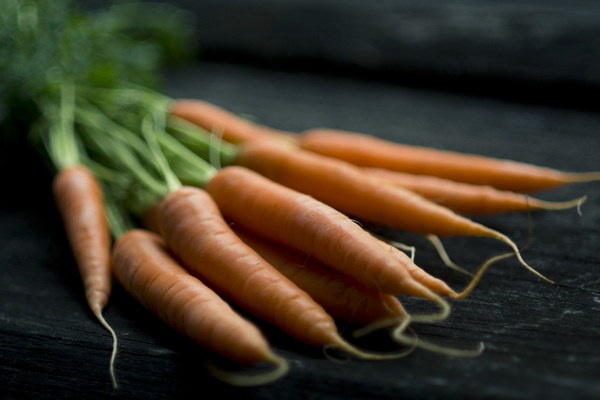
Lung nourishment, or Fei Yang in Chinese medicine, is the practice of caring for the respiratory system to prevent and alleviate respiratory issues. It involves using natural remedies to strengthen the lungs, improve lung function, and maintain respiratory health. Tea, with its diverse herbal properties, has long been recognized for its potential to support lung health.
Benefits of Tea for Lung Nourishment in Children
Tea can offer several benefits for children's lung health:
1. Antioxidants: Many teas are rich in antioxidants, which can help protect the lungs from free radicals that may cause damage.
2. Cough Suppressant: Certain herbs found in teas, such as honey and thyme, have been traditionally used to soothe and suppress coughs.
3. Mucus-Lowering: Herbs like peppermint and eucalyptus can help thin mucus, making it easier to expel from the lungs.
4. Immune Support: Tea, particularly green tea, is known for its immune-boosting properties, which can be beneficial for children during cold and flu seasons.
Types of Tea Suitable for Children
Not all teas are suitable for children, especially those under five years old. Here are some teas that are generally considered safe and beneficial for lung nourishment:
1. Honey Thyme Tea: This tea combines the cough-soothing properties of honey with the respiratory benefits of thyme.
2. Peppermint Tea: Known for its anti-inflammatory properties, peppermint can help alleviate respiratory issues.
3. Eucalyptus Tea: Eucalyptus has been used for centuries to clear respiratory passages and ease breathing.
4. Green Tea: With its high content of antioxidants, green tea can support overall health and immune function.
Considerations for Children
While tea can be a beneficial addition to a child's diet, there are several considerations to keep in mind:
1. Age: Children under five should be cautious about consuming certain herbs, as their delicate systems may be more sensitive.
2. Quality: Ensure that the tea is made from high-quality, pure herbs. Avoid any tea with added sugars or artificial flavors.
3. Allergies: Be aware of any allergies your child might have to certain herbs or ingredients.
4. Consultation: Before introducing tea into your child's diet, it's best to consult with a healthcare professional, especially if your child has pre-existing respiratory conditions.
How to Prepare Tea for Children
When preparing tea for children, follow these steps:
1. Use Fresh Herbs: Whenever possible, use fresh herbs to make the tea. This ensures maximum potency and flavor.
2. Boil Water: Use boiling water to extract the beneficial properties from the herbs.
3. Steep Time: Allow the tea to steep for the recommended time, typically 3-5 minutes for most herbs.
4. Cooling: If the tea is too hot, let it cool down before serving to your child.
5. Sweetening: If desired, add a small amount of honey or a natural sweetener to make it more palatable.
In conclusion, while tea can be a beneficial addition to a child's diet for lung nourishment and hydration, it's important to choose the right types of tea, prepare them correctly, and always consider your child's individual needs and health conditions. As with any dietary change, consulting with a healthcare professional is advisable to ensure the best outcomes for your child's health.
